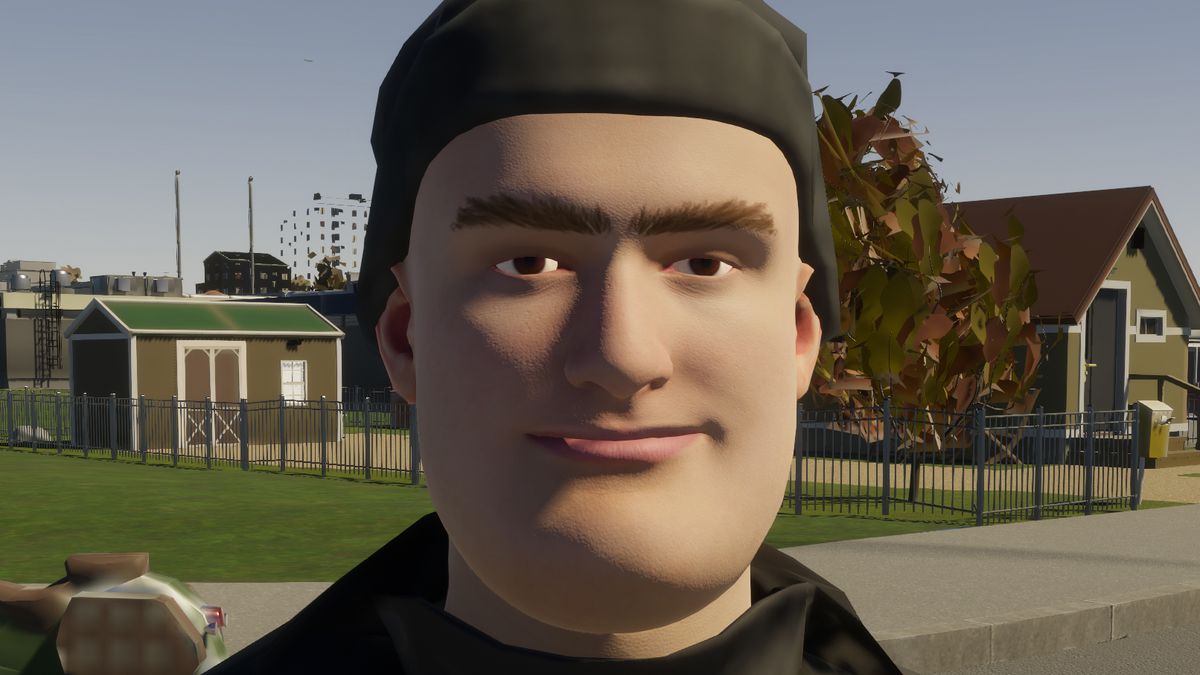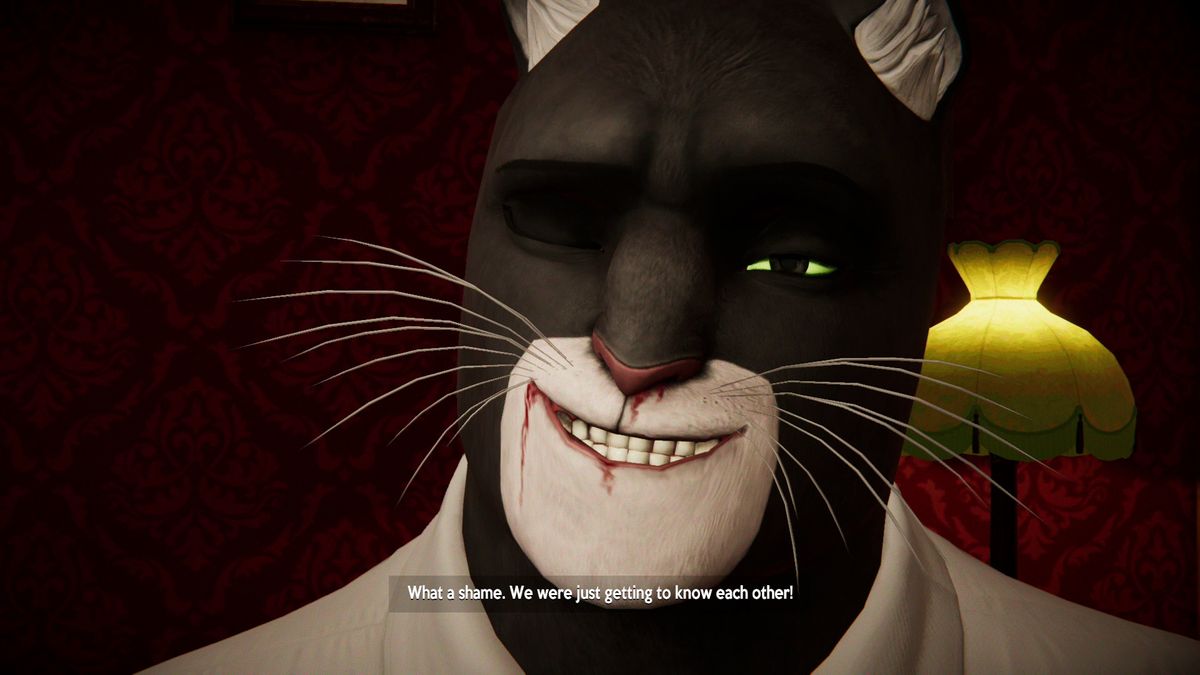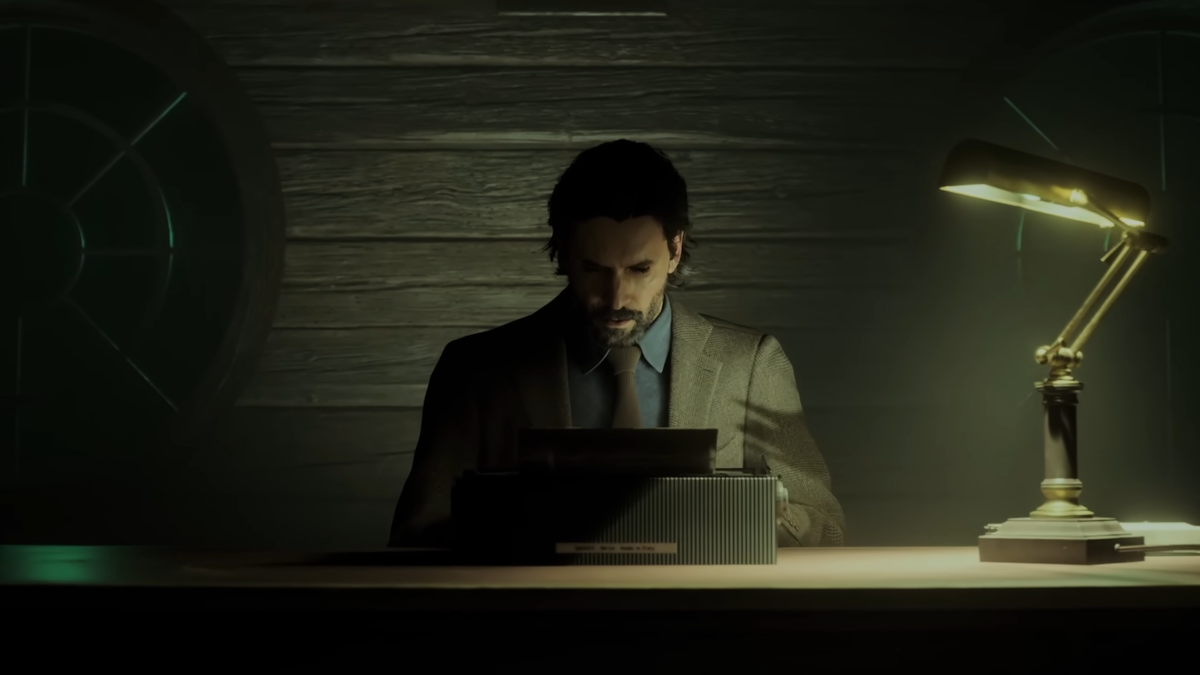The much-anticipated Cities: Skylines 2 released this month, and unfortunately not in the best of conditions. PCG’s Chris Livingston said in our review it’s “a sequel packed with big improvements, but a fair share of disappointments” and among the latter are some serious performance issues. These are affecting so many players that developer Colossal Order broke cover to reassure players they can and would be fixed, and are not “deeply rooted” in how the game works.
Do you know what is rooted, though? Teeth. And reddit did it again on this one, with Cities: Skylines sleuths trying to track down what may be behind the issues players are seeing. The conclusion they and others came up with was that the performance problems were down to the game trying to render every individual citizens’ teeth even when zoomed-out.
The game simulates the events of a typical city life to a granular level, alongside rendering the citizens’ bodies to reflect this. And players claim it is simulating them down to the level of rendering individual citizens’ teeth, and tanking the overall simulation’s performance by doing so. This claim was quickly picked-up and amplified.
Publisher Paradox has now sent out a missive addressing these stories about the teeth. The statement from developer Colossal Order follows, though I should explain one piece of terminology: level-of-detail, or LOD, is the practice of reducing the detail of models as they’re further away from the camera, so that as players zoom-out the city view their PCs don’t melt.
“Citizen lifepath feature does not tie to citizen geometry and does not affect the performance figures of the characters. We know the characters require further work, as they are currently missing their LODs which affect some parts of performance. We are working on bringing these to the game along general LODs improvements across all game assets. Characters feature a lot of details that, while seemingly unnecessary now, will become relevant in the future of the project.”
The statement further links the developers’ blogposts on the lifepath simulation and how it generates the citizen characters. But… it doesn’t seem to specifically address the teeth. The reddit post that began all this may well have been mistaken in drawing a causal line but, after the above, I was left with more questions than answers.
So I asked the studio to clarify their clarification about the teeth. Specifically I asked why the lifepath side is referenced, because I’m not sure that was the complaint in the first place, and for some more detail on the line “LODs affect some parts of performance”—whether this relates to teeth in any way seems to be the crux of the matter.
Here is Colossal Order’s response:
“In the original Reddit thread, it was suggested that the citizens’ lifepath necessitated details like tooth geometry; the lifepath is unrelated to the way our citizens are modeled at this level, which is what we wanted to address first. As for the overall LOD issue, yes, LOD are one of the issues we are addressing that we believe are affecting the game’s performance. Yes, our characters have teeth. No, the characters’ teeth are not affecting performance in any way we would call significant.”
So the studio is acknowledging that LOD is an issue which it believes is affecting the performance of Cities: Skylines 2, but it is categorically not down to the teeth. As for the teeth being “significant” or otherwise, all I can say is that game development rarely makes sense to those outside of it, and aspects which may seem counter-intuitive often turn out to make complete sense to those who know what they’re doing: Colossal Order has been pretty firm what it thinks the case is.
As for why citizens even need teeth in Cities: Skylines 2, it’s all in that “become relevant in the future” part of the initial response. One obvious link is that citizens need healthcare of various sorts, and thus their oral health could become a factor in future. Dentist DLC, eh?
Either way Colossal Order’s statements can probably be taken at face (sorry) value. The game as-shipped clearly has some technical issues, but it has at least been upfront about them and what it’s doing to improve the situation: given its long-term support for Cities: Skylines, which released in 2015, you’d expect it will eventually get to the root of this.


